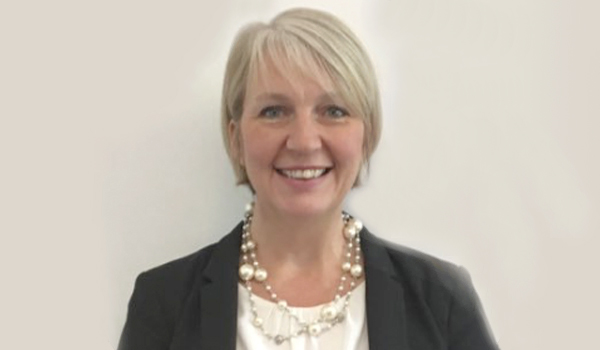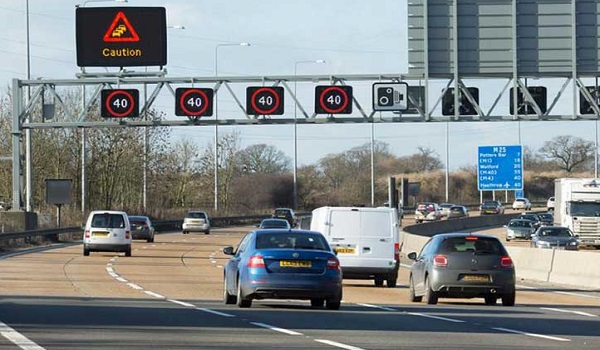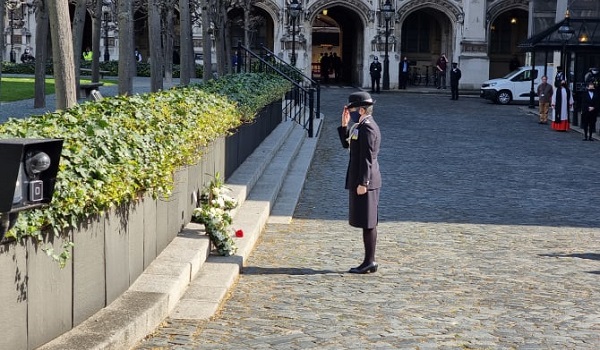Children in residential care risk are criminalised by excessive calls to police
Children’s homes in many parts of England are calling the police as many as 200 times a year, raising the risk of criminalising those in their care.
Figures obtained by the Howard League for Penal Reform show that while some homes do not call the police at all, others pick up the phone again and again.
The charity sent Freedom of Information Act requests to all police forces in England and Wales, asking for data for call-outs from Ofsted-regulated children’s homes in their areas. Twenty-six forces were able to provide data, having between them received almost 23,000 call-outs during 2018.
Five police forces reported having a home in their area that had called them more than 200 times – Derbyshire (267 call-outs), South Yorkshire (253), Humberside (235), Suffolk (209) and Northumbria (207). Most forces reported having been called out more than 100 times by individual homes.
The figures were published on Monday (July 8) in ‘Know your numbers’: Using data to monitor and address criminalisation, the fifth briefing from the Howard League’s programme to end the criminalisation of children in residential care.
Although the report shows that children’s homes are calling the police on multiple occasions, overall the proportion of children formally criminalised while in residential care has fallen from 15 per cent to ten per cent between 2014 and 2018.
Frances Crook, Chief Executive of the Howard League for Penal Reform, said: “A child living in residential care has more often than not experienced a range of problems early in life, from acute family stress to abuse and neglect. These children need nurture and support, not repeated contact with the police and criminalisation.
“But our research shows that some children’s homes are picking up the phone again and again over matters that would never involve the police if they happened in a family home.
“While the figures we publish today show there is some way to go before the police and children’s homes properly understand the scale of the problem, official figures from the Department for Education suggest the efforts of the Howard League and others are now having an impact. We need to see everyone build on this, with more action to stop children in residential care having their lives blighted with a criminal record.”
Currently, the Department for Education (DfE) only collects criminalisation data for children who have been looked after continuously for the last 12 months. This means that there are a large number of children who have been looked after for shorter periods – 26,680 during the year 2017/18 – for whom levels of criminalisation are unknown.
Almost half the calls to police from children’s homes in 2018 were in response to children going missing. This is critical information as missing incidents appear to be a factor in high rates of criminalisation, for reasons that are complex and individual to each child.
Some children go missing because they are being criminally exploited, such as being asked to sell or transport drugs. Others will be criminalised as a result of having gone missing, sometimes in an attempt to return to their original homes, for related incidents such as stealing food to survive.
A separate Freedom of Information request submitted to the DfE by the Howard League revealed that 77 per cent of children who had been formally criminalised while living in a children’s home between April 2017 and March 2018 had gone missing from placement at some point during the course of the year.
The briefing also raises concerns about the potential criminalisation of children living in semi-independent homes that are not subject to the Children’s Homes Regulations and are not regulated by Ofsted. More than 2,000 children were living in this type of accommodation at the end of March 2018.
Police, children and others have told the Howard League that they are worried about unnecessary criminalisation of children in unregulated placements. There are also safeguarding issues, and the charity has heard reports that children in these settings are vulnerable to exploitation by people involved in crime, including those running County Lines drugs gangs.







